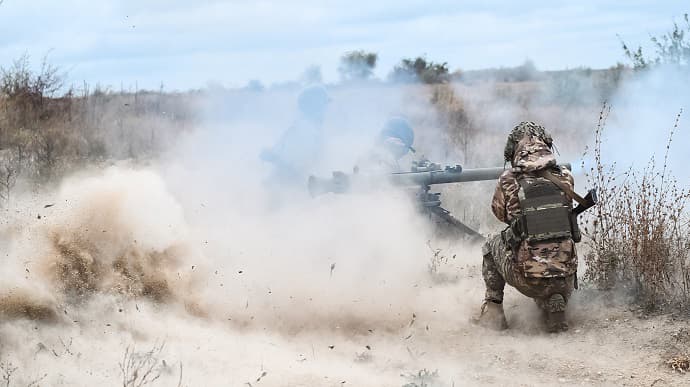David Oyelowo in Coriolanus review: Too much muscle, too much music
Muscles do not a character make, though many men forget this. Sadly David Oyelowo's Coriolanus at the National Theatre is one of them


Muscles do not a character make (though, of course, masculine ideals mean many men do make this mistake), finds Lucy Kenningham
Rome. The beginning of an empire. The plebs are in a bad way: they are starving. Unrest is brewing. The Consul of Rome becomes entrapped in his role, unpopular because he refuses to play the game of politics.
Welcome to the epic world of Shakespeare’s Coriolanus: the story of a Roman soldier catapulted into the political realm, where his military might and strong-minded morals are almost a moot point.
Our protagonist is one Caius Marcius (David Oyelowo), a war hero upon whom “Every gash is an enemy’s grave”. In the first half he wins a video-game-esque battle against Tullus Aufidius (Kobna Holdbrook-Smith) which, like the whole production, looks incredible but lacks feeling.
Back in Rome, Caius Marcius – now dubbed Coriolanus after his heroic feats – accepts the role of Consul, the highest public office in the entire republic. It’s an uneasy moment, with plebs carrying camcorders filming this uncomfortable induction into power, their images beamed vastly behind the stage.
This Rome is an odd, 1984-esque dystopia, where political speeches are broadcast to the masses (who are largely invisible bar three who keep popping up in different outfits); armbands adorn placard-carrying protestors; and heavy men in trench coats dominate the stage. It’s frustratingly imprecise: those armbands flash warning signs about an incoming Third Reich. The tall blocks of smooth stones that serve as walls seem at once fashionably brutalist and dungeon-like. There are a few nods to Extinction Rebellion (Rome is depicted as a gallery-cum-history museum where protestors brandish spray paint) but it hardly paints a searing political picture.
Oyelowo’s magnificent physique carries much of his performance. In particular, his back. At points throughout the play, we stare at it, bulging with muscles. It is too obvious a vision of manhood at which we are supposed to swoon and drool. Muscles do not a character make (though, of course, masculine ideals mean many men do make this mistake).
Beyond the muscles he struggles to work emotion into his lines. There is one devastating moment when he lets out a groan more akin to beast than man. But this moment – the great about-turn of the whole drama – feels incredulous. Oyelowo sheds tears but it seems manufactured. It should be moving but it’s not.
Coriolanus is supposed to be a man whose honour prevents him from ultimately winning the dirty, deceptive game of politics (he finds the speeches awkward, feels himself being prostituted by attempts to publicise his war scars). He is a man who cannot but act with his heart – yet in this portrayal of him he doesn’t seem to have one. I walked home desperately trying to wrestle some insight from his character’s downfall but found him impossible to dissect. Of course, many steely men are impossible to dissect.
The music does a lot of the legwork, swooping in to make sure you’re feeling the right emotions at any given moment. Scared, desperate, determined, majestic: the unfailingly moving score is always there to fill in for the lack of emotion on the stage itself. But when the music stops, the three dimensional world implodes leaving the sense you have been somehow fooled.
Yet despite all this, Coriolanus is a lot of fun. The script shines through. I laughed and smiled. The costumes – tasteful burgundy suits, admirably chic chequered skirts – made me feel unfashionable. Lyndsey Turner’s production – which comes in at a slight two hours – may not pack the political or emotional punch we could have expected but it remains an awesome visual spectacle.



